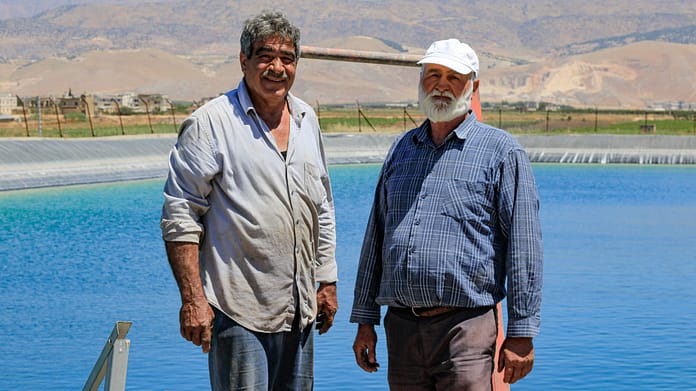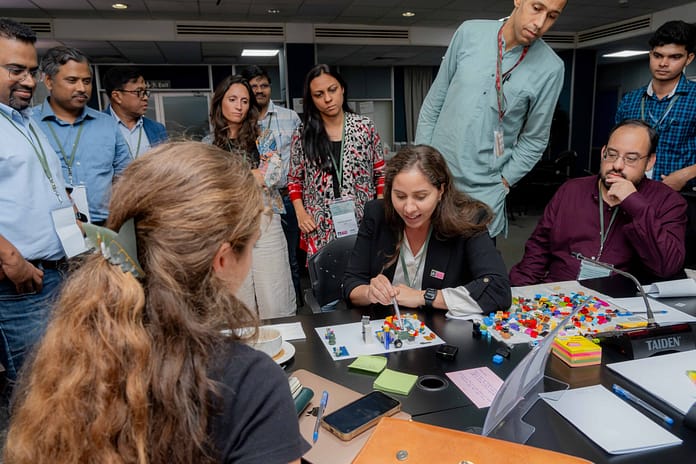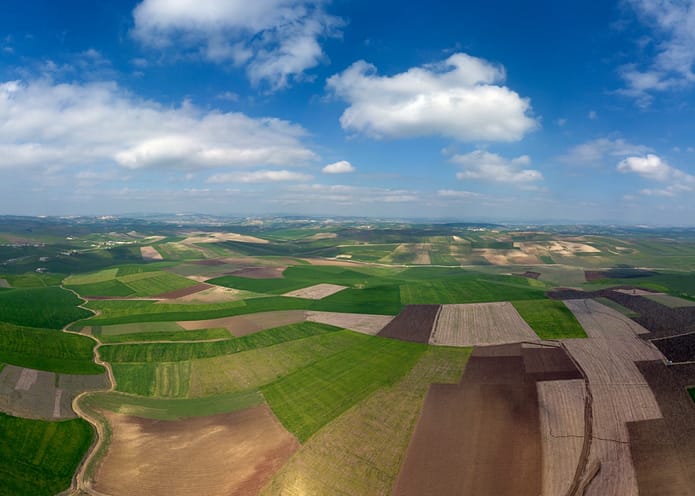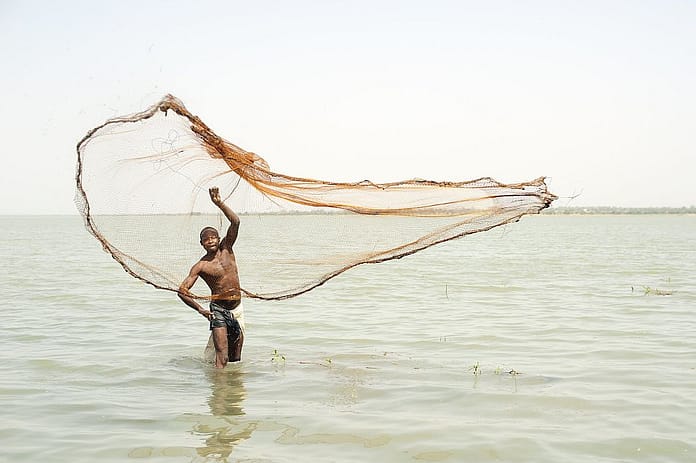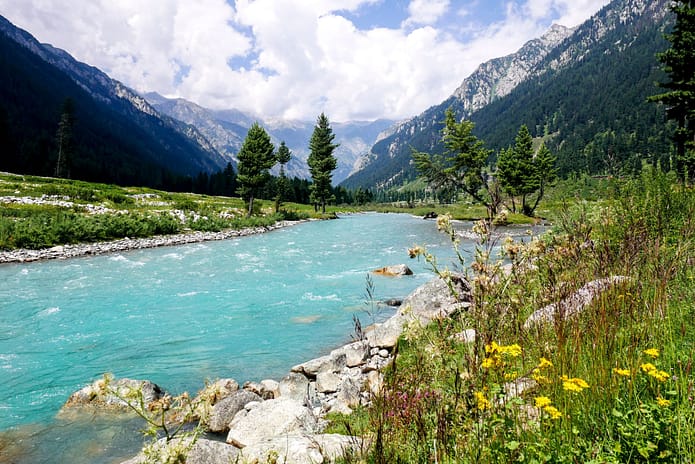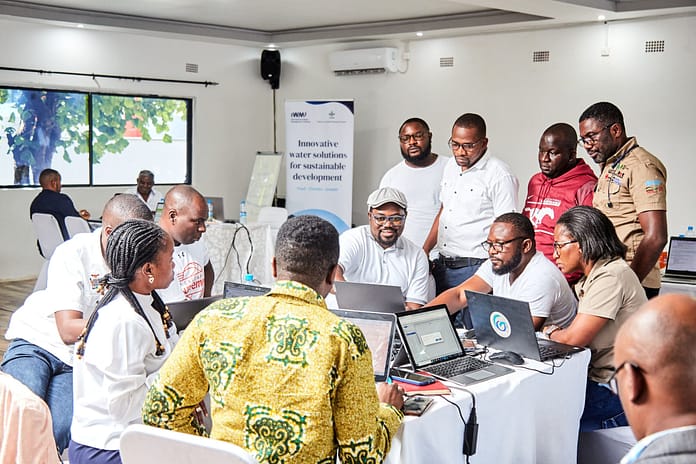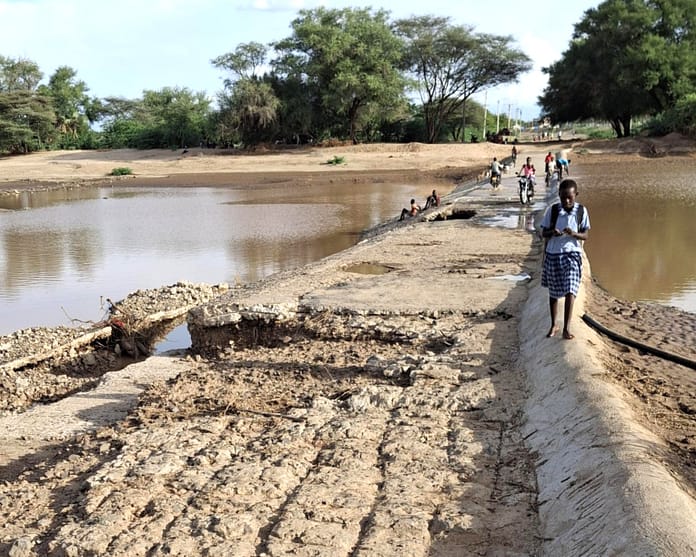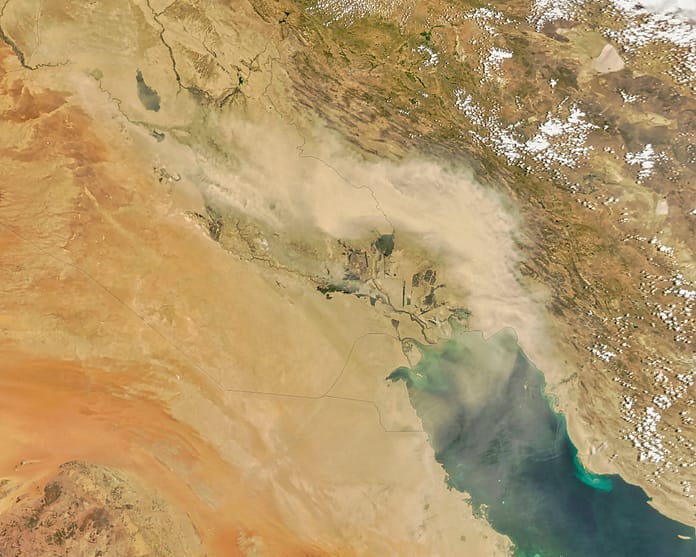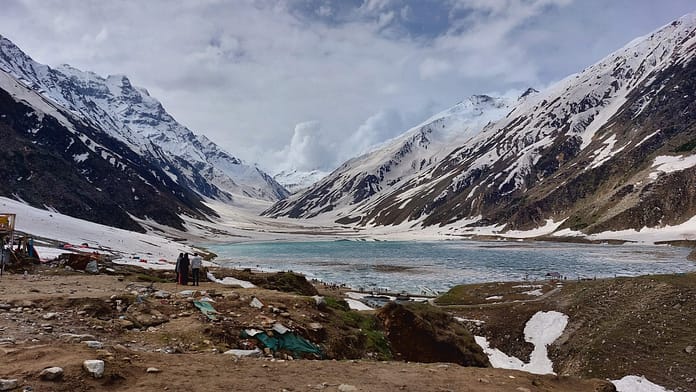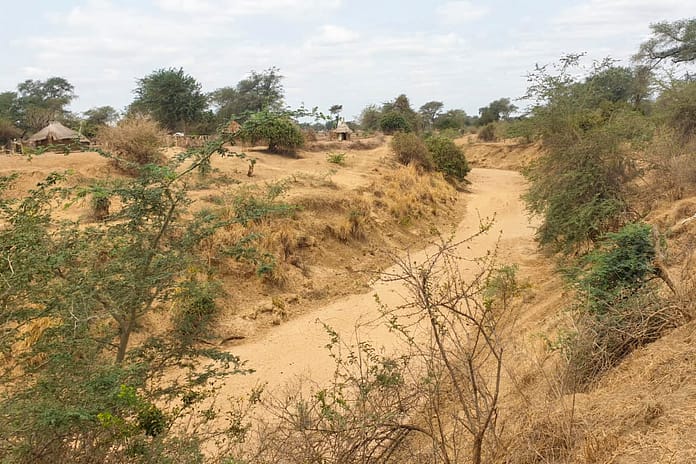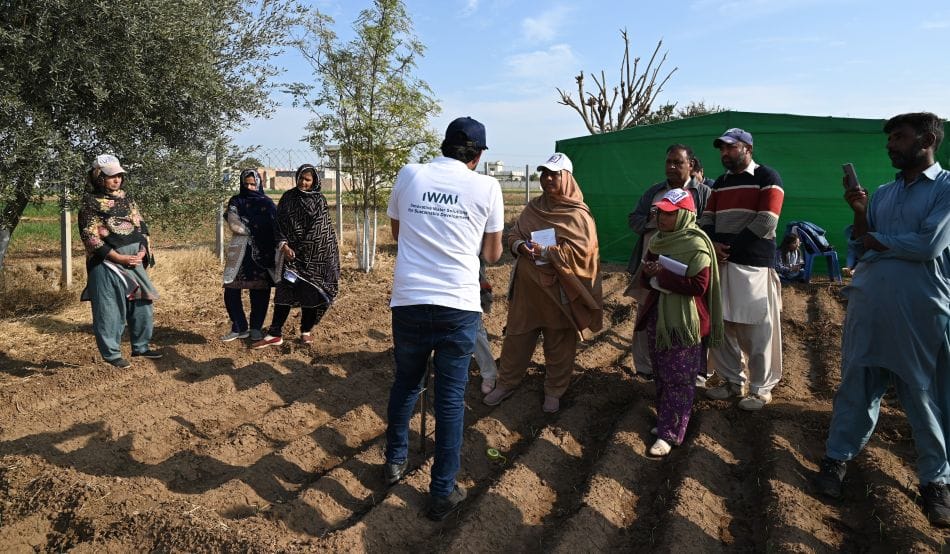
Chakwal, a district in Northern Punjab, Pakistan is known for its blend of rural and urban landscapes. Deeply tied to agriculture, the local economy and livelihoods of its population depend on the successful cultivation of crops, making sustainable farming practices crucial for the region.
As a “barani” (rain-fed) district, Chakwal’s agriculture largely depends on seasonal rainfall rather than irrigation systems. Farmers cultivate essential crops such as wheat, barley, maize, pulses, fruit and vegetables. The area is also becoming a hub for olive cultivation. Uncertain and sparse rainfall events make it difficult, however, to maintain moisture conditions optimal for crop growth. Climate change has further aggravated these issues by altering rainfall patterns and intensifying water scarcity. Farmers use groundwater to irrigate their crops leading to depletion of the resource and increasing power costs for pumps.
Researchers from the International Water Management Institute (IWMI) are working to improve water governance and climate resilience through the Water Resource Accountability in Pakistan (WRAP) program. Under the program soil moisture sensors are being introduced to help farmers optimize water use and improve irrigation efficiency.
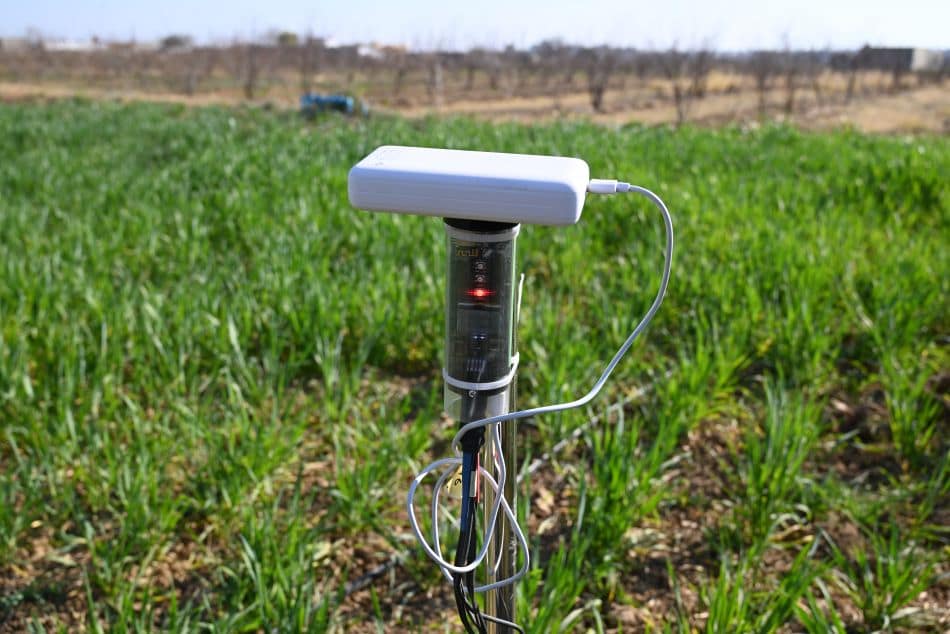
Soil moisture sensors are a game-changer for farmers
Soil moisture sensors are advanced, yet very simple tools, designed to measure the amount of moisture in the soil at various depths within the plant root zone. These sensors use real-time data and color-coded indicators to inform farmers when irrigation is needed. By providing precise information, they help prevent both overwatering and underwatering, ensuring optimal crop growth. This results in improved yields, reduced irrigation costs and better conservation of water resources. In a region like Chakwal, where rainfall is unpredictable, these sensors serve as a crucial technology for enhancing productivity and sustainability in farming.
To better understand the current agricultural and irrigation practices, IWMI’s researchers engaged with local farmers and installed soil moisture sensors in their fields. Farmers observed significant benefits with the application of this technology.
Haji Atta Muhammad, a farmer from the village of Dharrabi in the Chakwal district, said, “I come from a farming family and we irrigate our fields using a tubewell. This season, we installed soil moisture sensors in our wheat crop and they have helped us skip one full irrigation cycle. Previously, we used to rely on guesswork — feeling the soil by hand — but now we are making decisions based on real-time data.” Muhammad said that not only had he saved water but he was able to substantially reduce his electricity bill. He said the farmers were already seeing both financial and environmental benefits in the current wheat season.
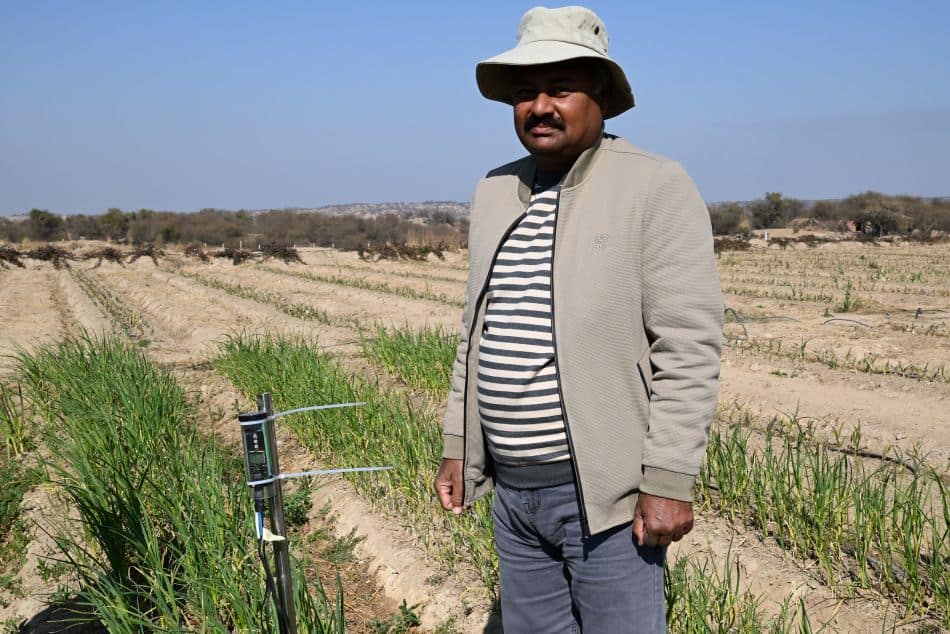
Athar Javed, another farmer in Dharrabi, said, “Our major problem is water scarcity. The soil moisture sensor is very useful because earlier, we had sandy loam soil which absorbs water radially. As a result, we irrigated frequently by observing upper soil surface, which sometimes damaged the crops. Currently, we have installed the sensor in a garlic field spanning approximately two and a half acres. Thanks to precise watering, our first crop is thriving. The sensor helps us conserve water and prevents crop damage.”
Many farmers have already experienced the benefits of integrating technology into their agricultural practices. The introduction of the soil moisture sensors has given them a data-driven approach to irrigation, allowing them to make informed decisions that not only save water but also improve crop resilience to climate stress.
The sensors also contribute to long-term sustainability. Over-reliance on groundwater for irrigation has led to significant depletion in many areas of Pakistan, making efficient water use a national priority. By reducing unnecessary irrigation cycles, farmers are not only enhancing their immediate crop yields but also contributing to the preservation of water resources for future generations. The successful adoption of these sensors in Chakwal sets a precedent for other rain-fed as well as irrigated regions to follow, demonstrating how simple yet effective technologies can bring transformative change.
Traditional farming methods have long been the norm in Chakwal, but as technology continues to revolutionize industries worldwide, local farmers are increasingly adopting modern solutions. Soil moisture sensors represent a significant step forward, allowing farmers to manage water resources efficiently while achieving better crop yields. This innovation not only enhances water conservation but also leads to substantial savings in electricity, fuel, time and effort. By embracing innovative technologies, farmers in Chakwal are unlocking a more sustainable and profitable agricultural future.


